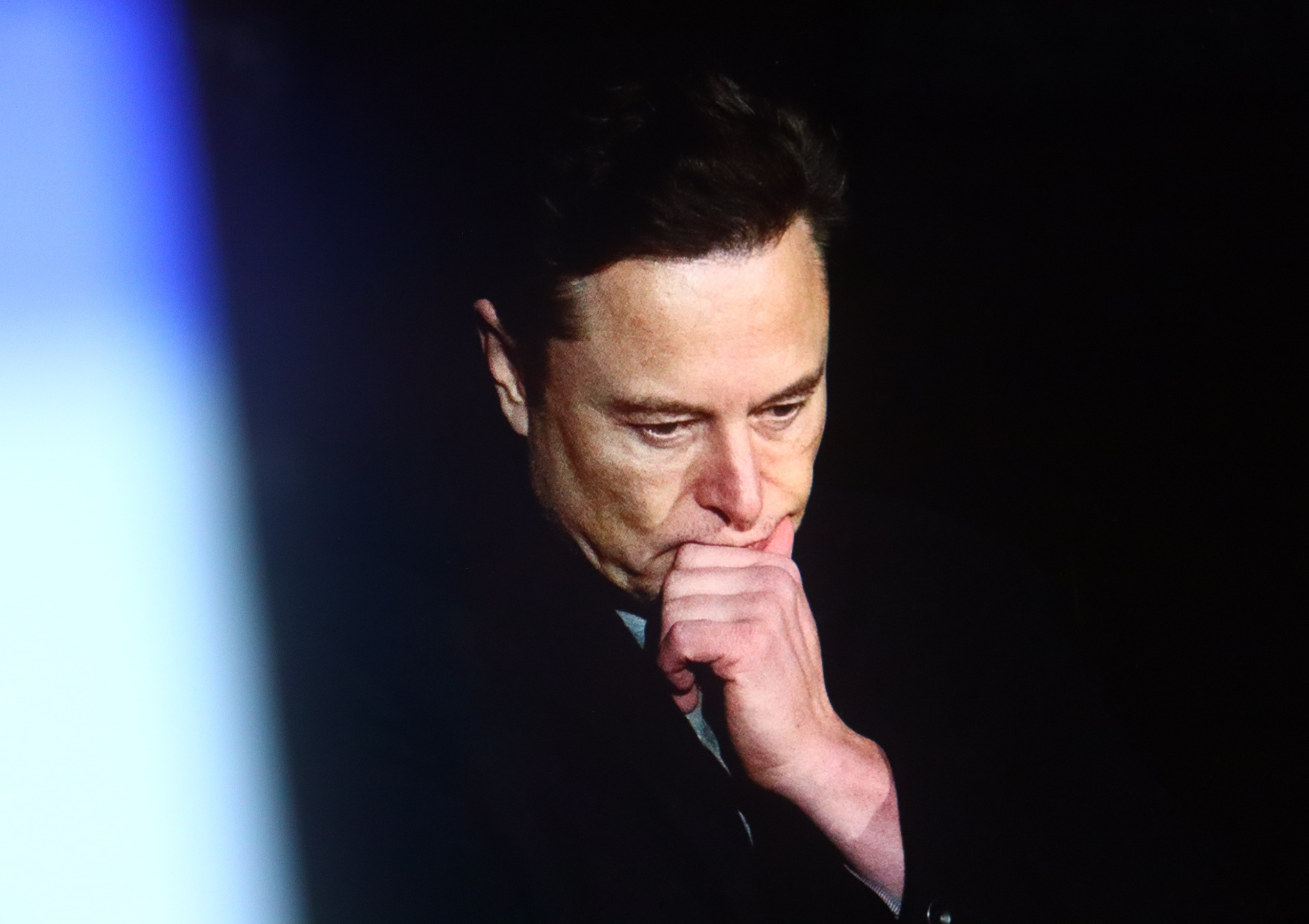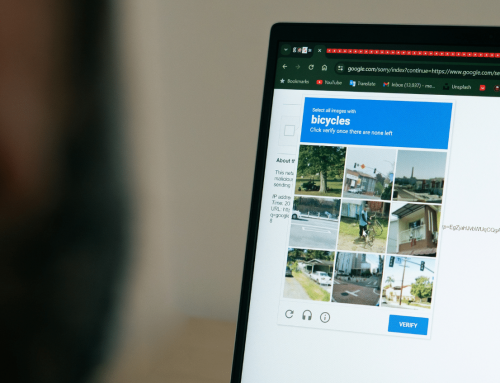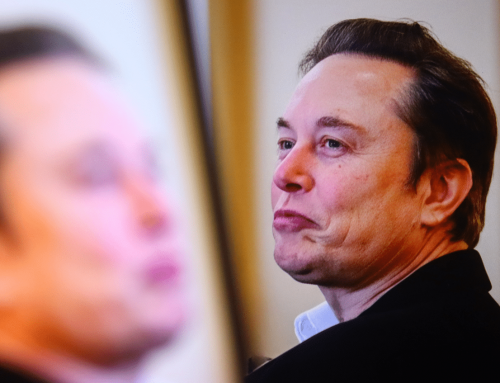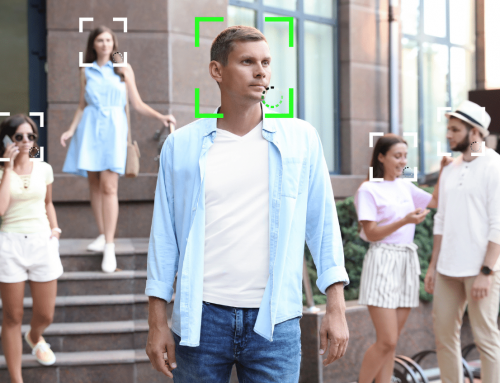Image: Photo Agency / shutterstock.com
David versus Goliath - or just offended AI vanity?
Elon Musk is angry. And when Elon Musk is angry, he takes legal action - this time against two of the really big players: Apple and OpenAI. The reason? His own AI chatbot Grok can't compete with the public's favorite ChatGPT in the App Store. In a lawsuit filed by his company xAI with the US federal court in Texas, Musk makes serious accusations: monopoly abuse, obstruction of competition, even conspiracy.
He claims that Apple and OpenAI have joined forces to seal off the AI market - and deliberately stifle innovators such as xAI. Strong stuff. But what's the truth?
The trigger: Apple's close connection to ChatGPT
The dispute is sparked by a rather explosive fact: Apple has deeply integrated ChatGPT into the iPhone. Users can access the bot directly via Siri or other system functions - conveniently, quickly and without an additional app. A convenience gain for Apple users, a distortion of competition for Musk.
Musk complains that his chatbot Grok barely has a chance to interact with users as a result. And it is precisely these interactions that are crucial for training and improving the AI. In his opinion, this puts Grok at a systematic disadvantage - while OpenAI learns with every new user question.
Apple defends itself: the App Store is "fairly designed" and also offers other chatbots the chance to be integrated in the future. But Musk doesn't believe this - and is demanding a ban on the current cooperation between Apple and OpenAI as well as compensation.
Musk versus Altman: the dispute continues
Behind this lawsuit is not only frustration - but also a deep personal conflict. Elon Musk was once a co-founder of OpenAI, but fell out with the current CEO Sam Altman. Since then, Musk has accused Altman of transforming OpenAI from a once non-profit research project into a commercial AI giant - committed solely to profit.
The current accusation goes even further: OpenAI has a dominant market position (80 percent in AI chatbots), Apple is a monopolist in the US smartphone market (65 percent market share) - and together they are systematically keeping innovators like xAI down.
More justice - or more downloads?
Musk wants justice - or just more downloads? The truth probably lies somewhere in between. Of course, the close integration of Apple and OpenAI raises critical questions about market power. Whoever has the standard interface to the user (in this case: the iPhone) has a huge advantage. But Musk's complaint also smells strongly of a bruised ego. If you can't score points with your own bot, you sue the market leader - it remains to be seen whether this will be legally valid.
The fact is: if a single AI service is systematically favored, this is not good news for free competition. But a little irony remains: Tech billionaire Elon Musk of all people, whose Twitter (today: X) itself is not a prime example of fairness, is now presenting himself as a fighter for small innovators? A nice fairy tale - but perhaps it will become reality after all.







